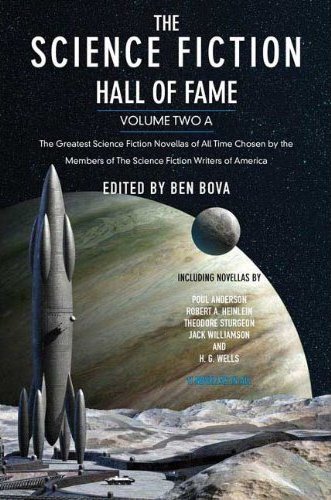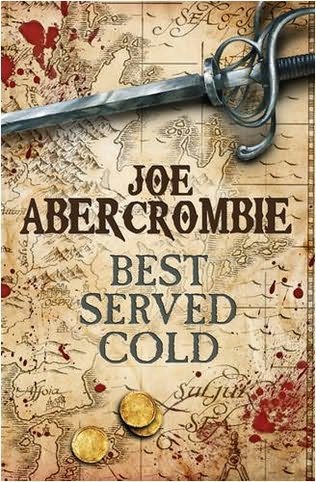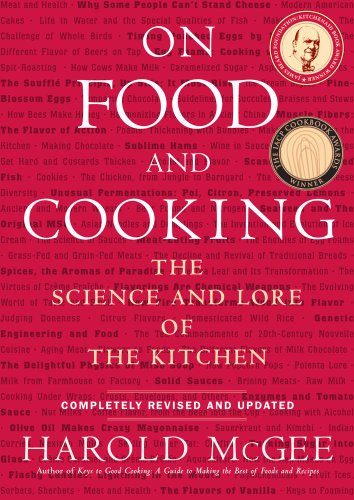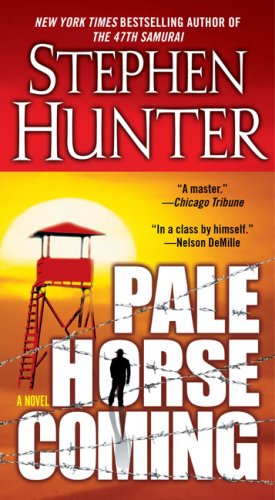
Robert Heinlein is one of my idols. He wrote good stories, some of the best, but that’s not all of it. He had good ideas, some of the best, but that’s not all of it either. What I find personally inspiring is the idiosyncratic path he cut through the jungle of 20th century ideologies. It’s inspiring because that precise path can not be copied, only his independent way of walking it.
That’s why I believe no person has ever encountered a Heinlein story and come off the worse for it.
The first volume of William Patterson’s biography of Heinlein traces the first half of that journey. It shows how many of the beliefs Heinlein revealed publicly in his later years can actually be traced back to his time first as a socialist, and then as a Democratic activist. He practiced culturally liberal beliefs long before becoming associated with the libertarian right.
There are also interesting, and sad, counterpoints between the lives of Heinlein the author and Heinlein the person. He was not one of his own larger than life characters. He was physically unwell, and mentally near the breaking point at times. His second wife Leslyn became an alcoholic, causing their divorce.
Some would say Heinlein could have revealed more of that vulnerability in his writing. Not me. Artistic honesty is about being true to a vision. Heinlein’s vision was of better worlds, with better people. Something to live up to.






